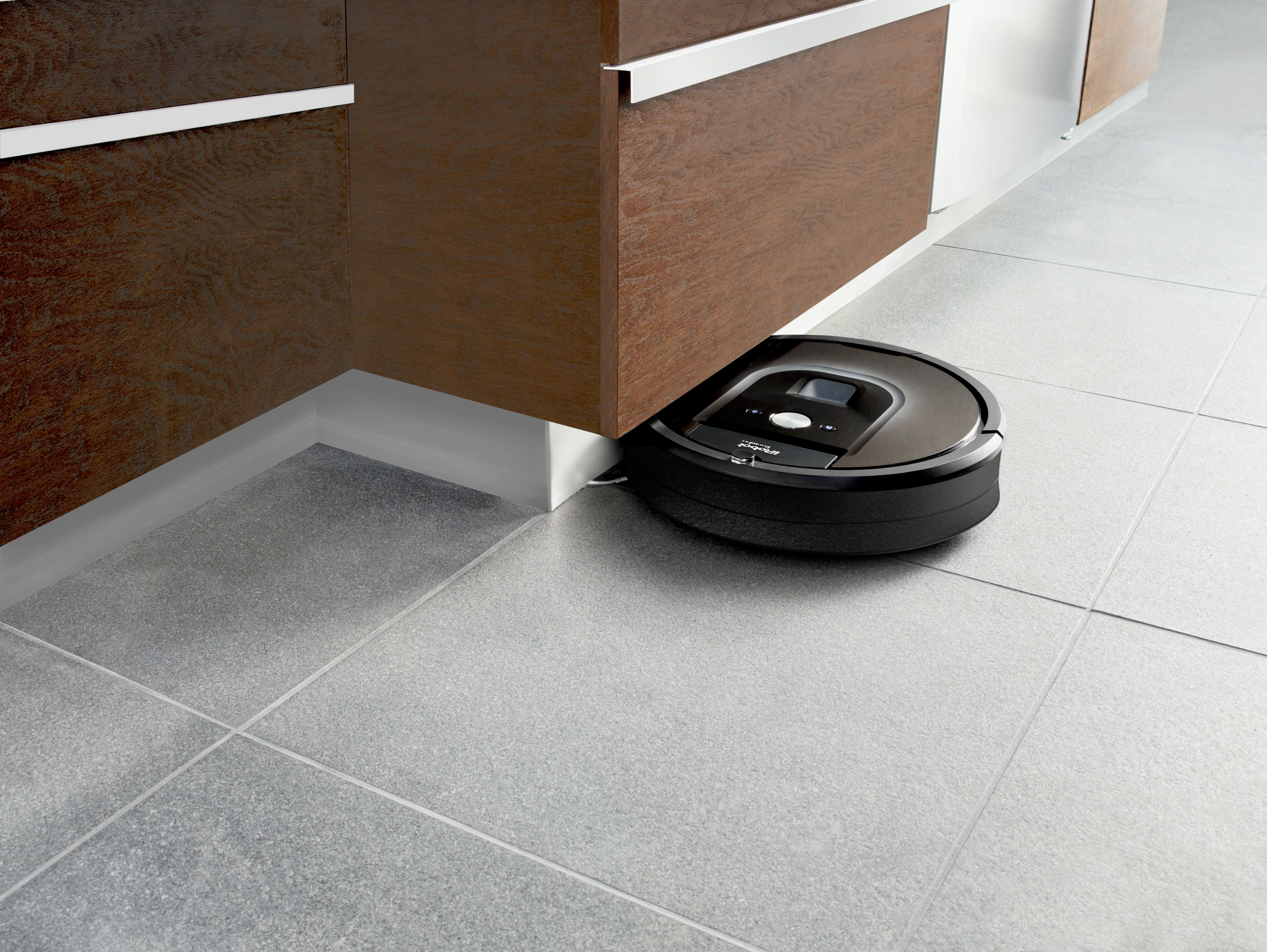If you spend any time on the internet, you’ve already experienced advertising customization. Visit one website and suddenly the item you looked at but didn’t buy haunts every page you visit.
But what if advertisers could take this one step further and use maps of your home to infer what you do (or don’t) own and use that information to sell you more things? It’s an unnerving thought, but it’s not as distant a reality as it may seem: iRobot, makers of the robotic vacuum Roomba, might start selling home data to third-party buyers, the New York Times reports.
The way it works is simple: Roomba rolls around your house terrifying your dog and collecting data so it can avoid obstacles like your couch or small child. As Roomba figures out what not to bump into, it creates “a map of your home,” Maggie Astor wrote for the New York Times, one that “iRobot is considering selling to Amazon, Apple or Google.”
This would make existing ad customization eerily personalized. “No armchair in your living room? You might see ads for armchairs next time you open Facebook. Did your Roomba detect signs of a baby? Advertisers might target you accordingly,” Astor wrote.
Unsurprisingly, a lot of internet security experts aren’t too pleased with this announcement. “Especially combined with other data, this is going to be able to reveal a ton of information about what people’s lifestyles are like, what people’s daily patterns are like,” Jamie Lee Williams, a staff lawyer at the digital rights group Electronic Frontier Foundation, told the New York Times. Williams added that companies could also figure out your income and the specific brands you use.
iRobot released a written statement in response, explaining that the company is “committed to the absolute privacy of our customer-related data,” and that Roombas can be used without being connected to the internet so that data isn’t sent to the company.
Plus, the statement clarified that “no data will be shared with third parties without the informed consent of our customers.” Both Williams and Albert Gidari, director of privacy at the Stanford Center for Internet and Society, expressed concerns about informed consent to the New York Times, noting that it may take the form of a long agreement that no one will read that closely. It’s also complicated by the fact that people move: if a previous homeowner agreed to have their home mapped, but the new occupants didn’t, what happens to the data?
Whether or not iRobot will actually sell the maps, the possibility raises security concerns that go beyond smart vacuums. As Astor wrote, “The Supreme Court has held that Americans have ‘a reasonable expectation of privacy in your home,’ Mr. Gidari said. ‘Once your home is turned inside out, does that reasonable expectation of privacy dissipate?’”
Automation—like offloading your chores to a robot—is just part of an increasingly technologically advanced world. But whatever convenience it offers might just create more problems than it solves. If saving time on vacuuming is worth having advertisers know about every nook and cranny of your home, go for it. We’ll be over here going old school and breaking out the brooms.
Read more on the New York Times.


